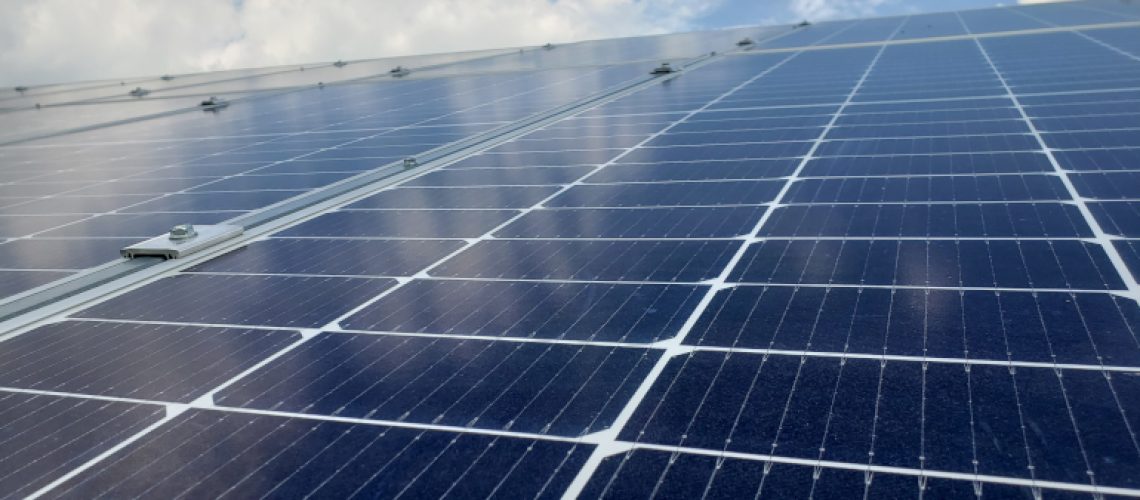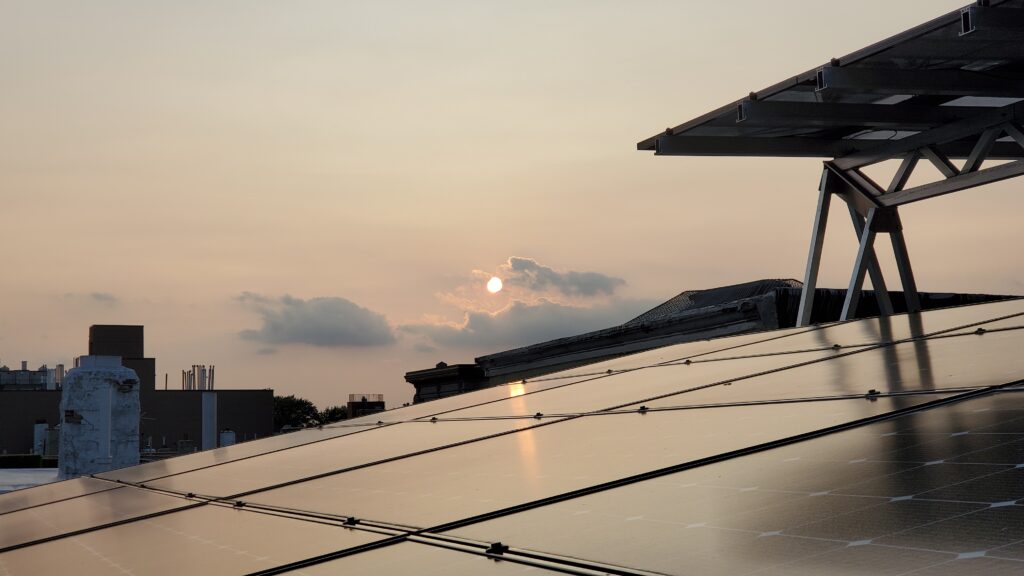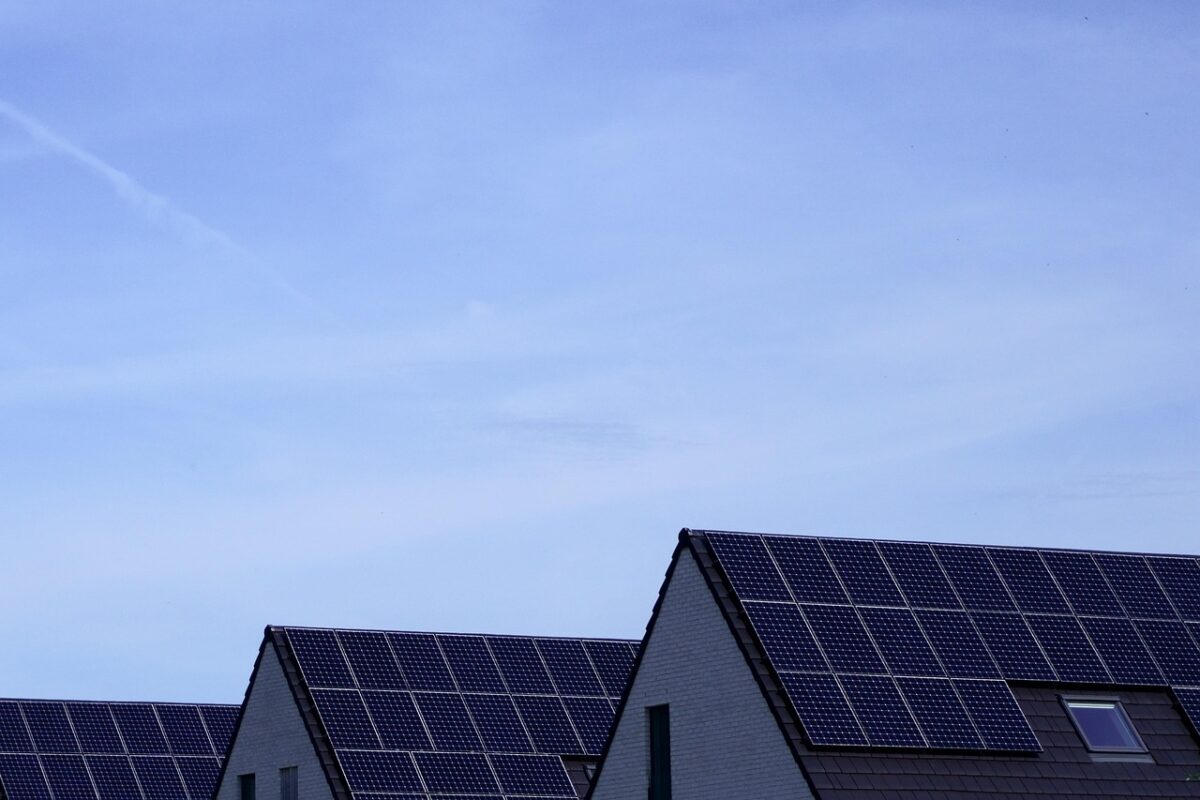Xcel Energy is issuing one of northwest Wisconsin’s largest-ever calls for clean energy projects, which will add significant carbon-free energy for the company’s Upper Midwest customers while replacing a coal-fired plant on the Minnesota-Wisconsin border.
The company is asking developers to submit proposals for approximately 650 MW of new solar-specific projects or projects that combine solar with energy storage, such as batteries. The projects will meet customers’ energy needs and help the company reduce carbon emissions by 85% in the region by 2030 compared with 2005, as it moves toward its vision of providing 100% carbon-free electricity to customers.
“Adding solar along with projects that combine solar with energy storage strengthens our commitment to deliver carbon-free energy to customers in the states we serve,” said Karl Hoesly, president, Xcel Energy-Wisconsin and Michigan. “It will play a vital role in our clean energy transition by reducing carbon emissions and will help our communities by creating jobs during and after construction.”
Xcel Energy’s request calls for projects located in Wisconsin with commercial operation dates from 2027 to 2029, helping to replace the capacity of the Allen S. King plant, a coal-fired plant in Oak Park Heights, Minnesota that is scheduled to retire in 2028. Xcel Energy plans to reuse existing grid connections at the King plant site, allowing customers throughout the Upper Midwest to benefit from the new energy resources.
“By using existing grid connections, we’re able to provide customers with carbon-free energy in the most efficient and cost-effective way,” said Chris Clark, president, Xcel Energy-Minnesota, South Dakota and North Dakota. “We’re excited to see developers’ proposals to use rapidly developing technology to help us lead the clean energy transition.”
Under the company’s Upper Midwest Energy Plan, more than 80% of customers’ electricity in the region would be carbon free by the end of the decade, with more than half coming from wind and solar. These projects will help move those plans forward. The plan calls for retiring all the company’s coal plants by 2030, dramatically increasing wind and solar energy, and ensuring reliable, affordable energy by extending the use of carbon-free nuclear energy.
News item from Xcel Energy






